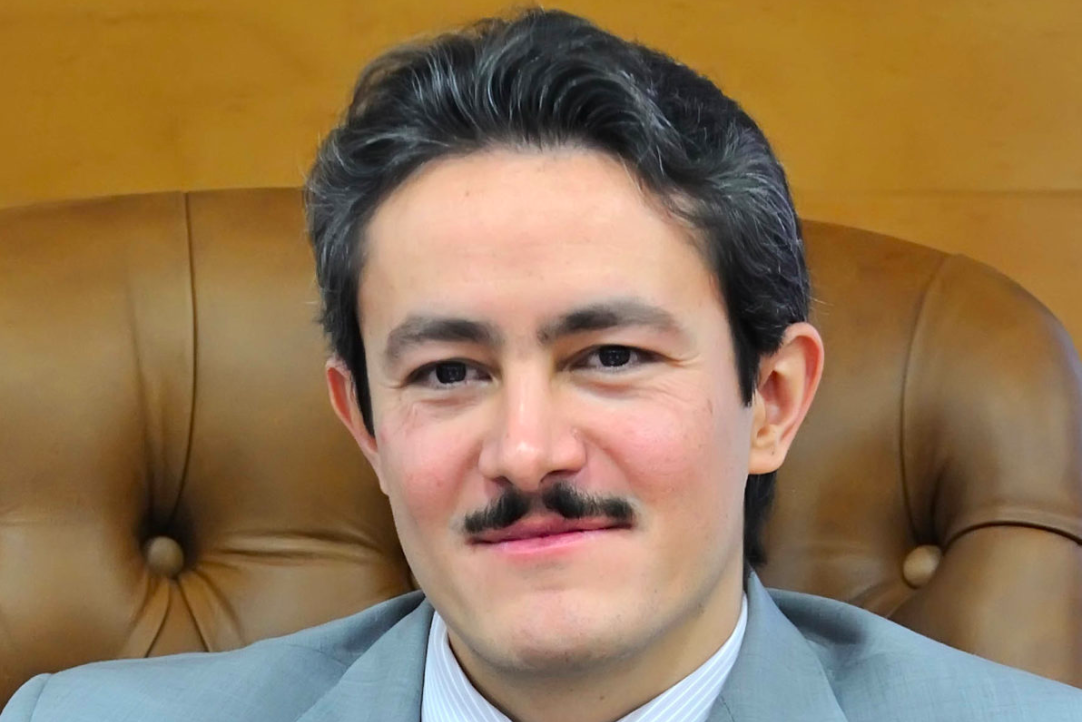Defending a Doctor of Science Thesis at HSE University under New Procedure

I decided to defend my thesis at HSE because it was possible to use the original published articles, without the need to write a full dissertation (except for a small-sized general summary). This is much more comfortable and it makes more sense scientifically than writing a new dissertation which would only be a very large summary of the original publications.
My Doctor of Sciences thesis is entitled ‘Modelling and forecasting univariate and multivariate time series using Google data and copulae’. The quick development of the internet and information technology (IT) worldwide has given access to a large amount of data, which are usually known as “big data".
One of the main tools that can be used to analyze big data is a search engine, which is often considered the first step in the consumer decision-making process, to understand social dynamics and to make better predictions. My dissertation investigated several cases where it is possible to model and forecast economic and financial time series using Google data and/or copula models.
The papers of my dissertation strongly contributed to the understanding of how Google data explain consumer and investor decision-making processes in several economic and financial fields, from risk management to crypto-currencies, from bubble modelling and testing to energy markets, from social welfare to social well-being, highlighting both advantages and disadvantages.
Copula models can deal with departures from the assumption of normality and they are computationally tractable even with large datasets, thus solving two important issues when dealing with big data. Particularly in finance, the use of copulas represented a major step forward in modelling complex multivariate dynamics.
The papers of my dissertation further developed the econometric theory of copulas, focusing on the T-copula, which is the most important for risk and portfolio management. Moreover, they improved the understanding of the effects of biased multivariate estimates on risk measurement.
I was among the first to propose copulas for modeling high dimensional operational risks in a more flexible way, which is currently one of the main approaches to modeling and measuring operational risks.
At the end of 2019, the papers that constitute this dissertation were cited almost 400 times according to Google Scholar. Several results discussed in these papers were included in the monograph titled "Quantitative finance with R and Cryptocurrencies" published by Amazon KDP in 2019. This textbook was officially presented at the Russian Central Bank on the Octover 22, 2019. The papers of this dissertation are often used in the professional field, particularly in risk management and business planning, and several professionals contacted me for comments and suggestions.
The actual defense was conducted via Zoom because of the pandemic. After my initial presentation, the five members of the scientific committee asked me several questions related to my dissertation. At the end, they voted whether to accept or not my work: the final tally was 5 votes in favor and 0 against.
My work now is going great: after the successful defense of the title of Doctor of Science, I was nominated full professor by my faculty at the Moscow State University
I also continue my cooperation with HSE.
I first met with some HSE colleagues during seminars held at the CEMI (Central Economic Mathematical Institute) in Moscow back in 2007. I have been living and working in Moscow since 2007—I took a position in Russia for both work and personal reasons—my girlfriend (now my wife) was living in Moscow at the time.
Now, I teach a course at ICEF-HSE on R Programming and Applications to Finance, and I supervise the dissertations of four ICEF Master students per year (on average). It is my plan to supervise in the future one or two PhD students from the Faculty of Economic Sciences at HSE.
I have several colleagues and friends at HSE, but the person I currently work with most closely is Anatoly Peresetsky. Our joint interests include such topics as financial econometrics and big data analysis. In general, the collaboration was positive because I managed to publish several articles.